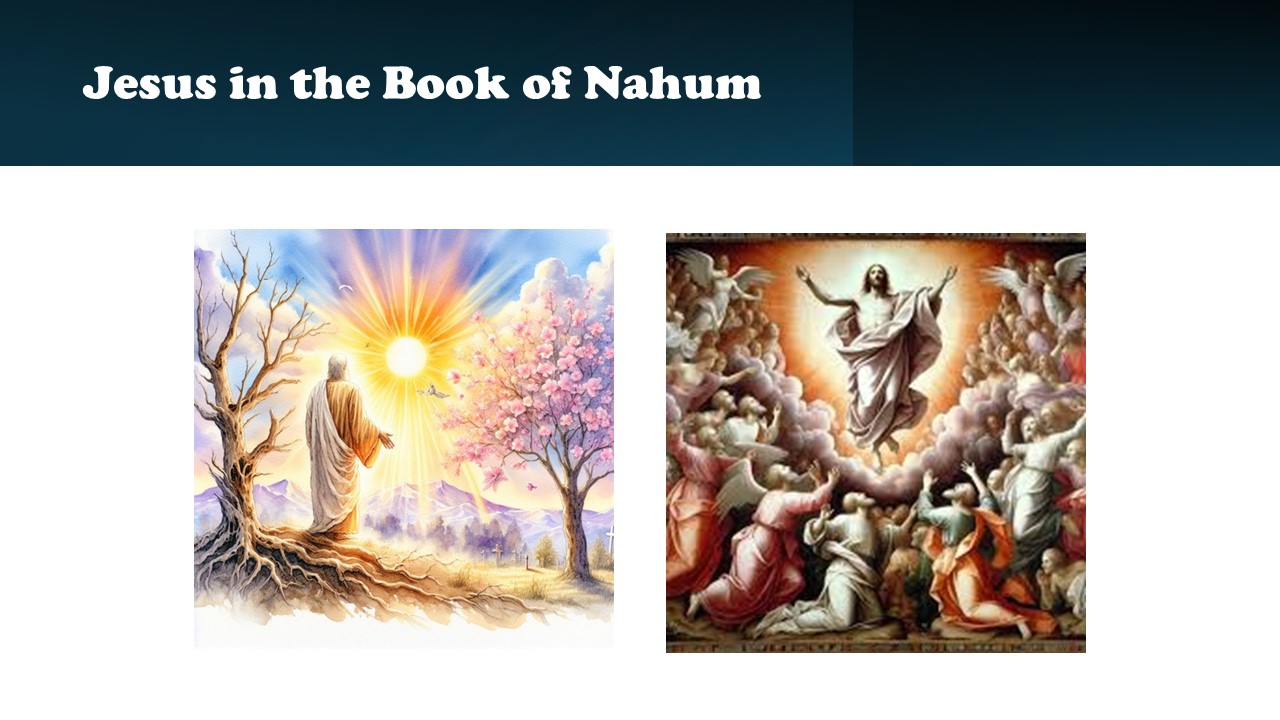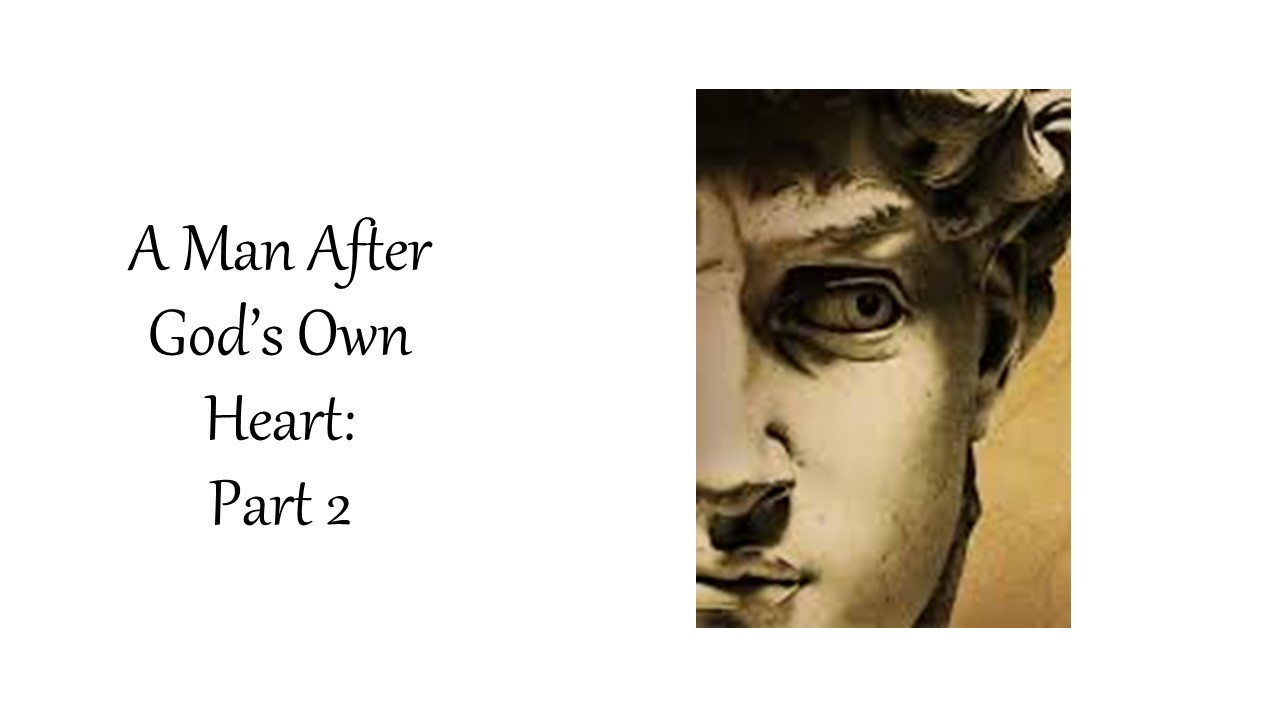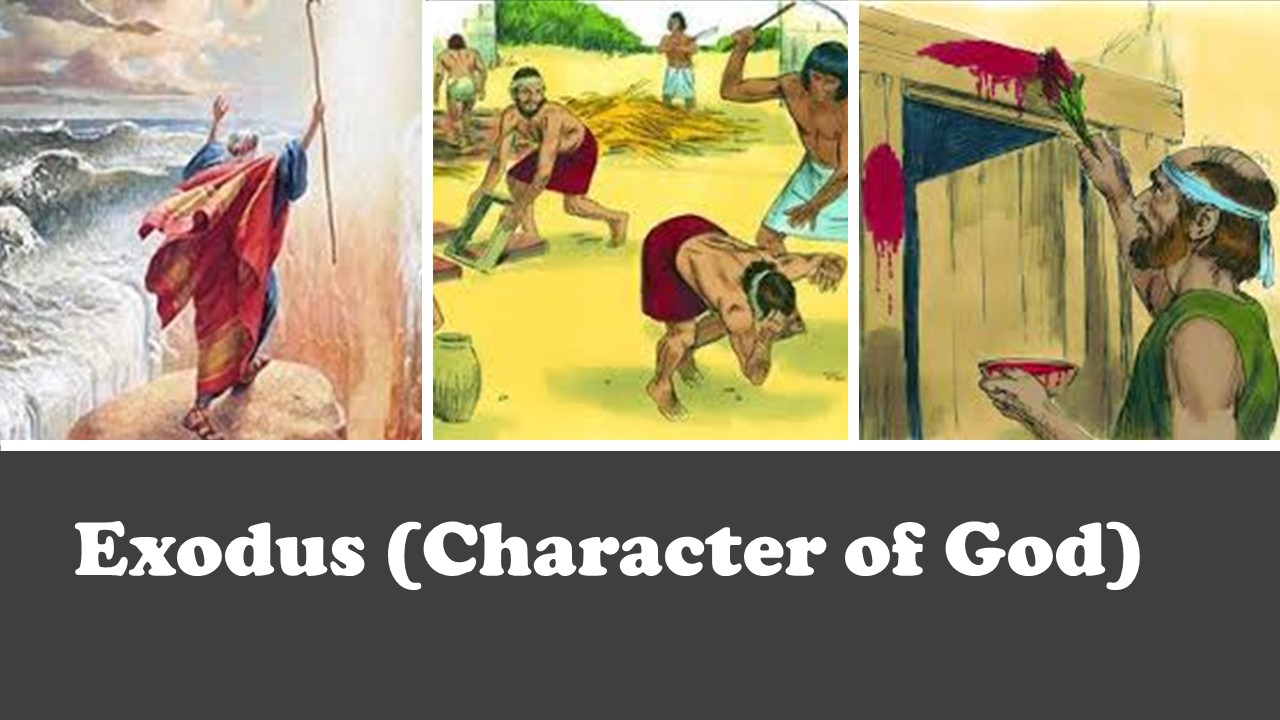Jeremiah 31:31-34 reveals a transformative moment in biblical theology, where God announces a new covenant with Israel and Judah, distinct from the Mosaic covenant formed at Sinai. This new covenant signifies a radical change in the divine-human relationship. Unlike the old covenant, which was external and dependent on the people's obedience, the new covenant is internalized; God's law is written on the hearts of the people, symbolizing a deeper, personal connection with God. This internalization suggests a reformation of character and spirit, aligning one with God's will from within.
The passage highlights the failure of the old covenant, broken by the people despite God's guidance and care. In contrast, the new covenant promises a universal, direct knowledge of God for all, from the least to the greatest, eliminating the need for intermediaries. This democratization of the relationship with God represents a significant shift, making this relationship accessible to all, not just a specific religious class.
Furthermore, the new covenant brings complete forgiveness, a radical departure from the old covenant's atonement system. God's commitment to "remember their sin no more" indicates a total removal of the barriers created by sin. This element is crucial in both Jewish and Christian theologies; for Christians, it's foundational in understanding Jesus' role as the mediator of the new covenant, with concepts of forgiveness and law internalization central to teachings about salvation and the Holy Spirit's work.
Overall, Jeremiah 31:31-34 offers a vision of hope and renewal, redefining the relationship between God and humanity into a more intimate, personal, and profound inner transformation.

Today’s episode centers on the prophet Nahum, exploring how his often-overlooked book foreshadows themes about Jesus within the grand tapestry of the Bible. It...

In Part 2 of our study of how David could be a man after God’s own heart, we explore his prayer life, faithfulness, love...

We begin our study of the book of Exodus. This is the book we really dive deeply into the theme of redemption. And as...